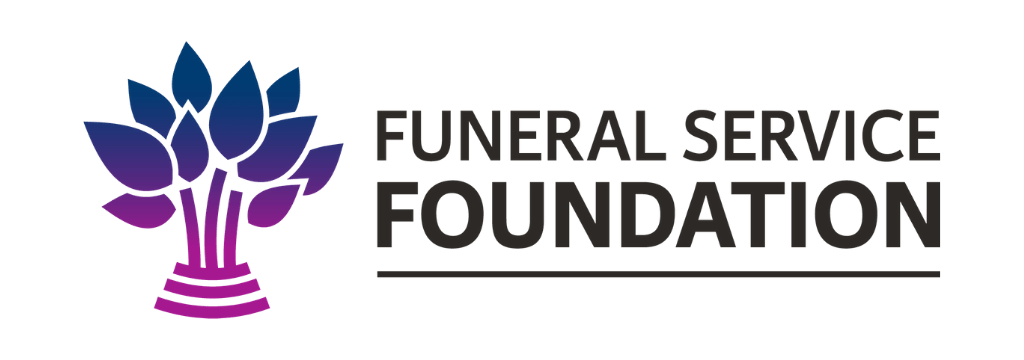Scammers Continue to Target Funeral Professionals
 The following post comes from the NFDA Facebook Fan Page. The write discloses information NFDA has received from funeral professionals who have been receiving many phone calls and emails that are clearly spam or scams, but if the wrong person answers the phone it could be easy for them to be fooled, so make sure your colleagues and staff are informed.
The following post comes from the NFDA Facebook Fan Page. The write discloses information NFDA has received from funeral professionals who have been receiving many phone calls and emails that are clearly spam or scams, but if the wrong person answers the phone it could be easy for them to be fooled, so make sure your colleagues and staff are informed.
Scammers Continue to Target Funeral Pros
NFDA has received reports from members contacted by scam artists in recent weeks. Scams run the gamut from people pretending they want to purchase cremation jewelry to individuals claiming a relative has died in another country and need repatriation assistance; scammers communicate in a variety of ways (fax, email, relay operators, etc.). This most recent scam is a fax from a ?Mr. Pino Pace,? who supposedly seeks assistance with transferring funds from a dormant Bank of Ireland account. What is unique about this scam is the fax is sent to the attention of a specific funeral director and includes their credentials, such as ?CFSP? or ?CPC.?
To minimize your risk of falling victim to a scam, please take these guidelines to heart:
? Be wary of requests to ship merchandise to an international address; many scams initiate overseas.
? When an American citizen dies overseas and the remains must be returned to the United States, the nearest embassy or consulate will issue a certificate to accompany the casket. You should still personally verify the legitimacy of a death overseas and the intent to repatriate a body by contacting the State Department’s Overseas Citizens Services Office at 888-407-4747.
? Review the information about repatriation issues and how to protect your firm and those you serve from scams in your “2008/2009 NFDA Directory of Members & Transportation Guide.”
? Another sign of a possible scam involves inquiries sent from an email address associated with a free email service (e.g., Yahoo, Hotmail, Gmail, etc.). These services require no billing relationship with the consumer, making users very difficult to trace, and are therefore preferred by scammers.
? Remember that simply because a charge goes through on a credit card does not mean it’s legitimate. That credit card might have been stolen and a chargeback might eventually be made against your funeral home when the theft is discovered. Therefore, be very careful about accepting credit card payments when contact is initiated by a consumer via email, fax or telephone.
? Never wire funds back to a consumer, especially overseas. Moreover, do not provide account information to an overseas consumer who needs to ?deposit funds? into your account.
? Never ship merchandise until you verify that a personal or business check has actually cleared and that the funds sit in your account.
? Be suspicious whenever a purchase order involves several pieces of the same merchandise.
? Be wary when someone asks you to ship merchandise to a single address but wants the transaction billed to multiple credit cards.
? If you are contacted by someone asking you to send personal or banking information, do not reply in any manner. Guard your account information carefully.
? Be skeptical of individuals asking for your help in placing large sums of money in overseas bank accounts or in transferring money from an overseas bank account to an account in the U.S.
? Do not believe the promise of large sums of money for your cooperation.
? If you’re contacted by a scammer, you can register a complaint with National Consumer’s League Fraud Center (http://www.fraud.org).
? Finally, make sure that all employees at your firm, as well as your firm’s answering service, are aware of the potential for scams by sharing these guidelines with them!
Source: NFDA Facebook Fan Page



